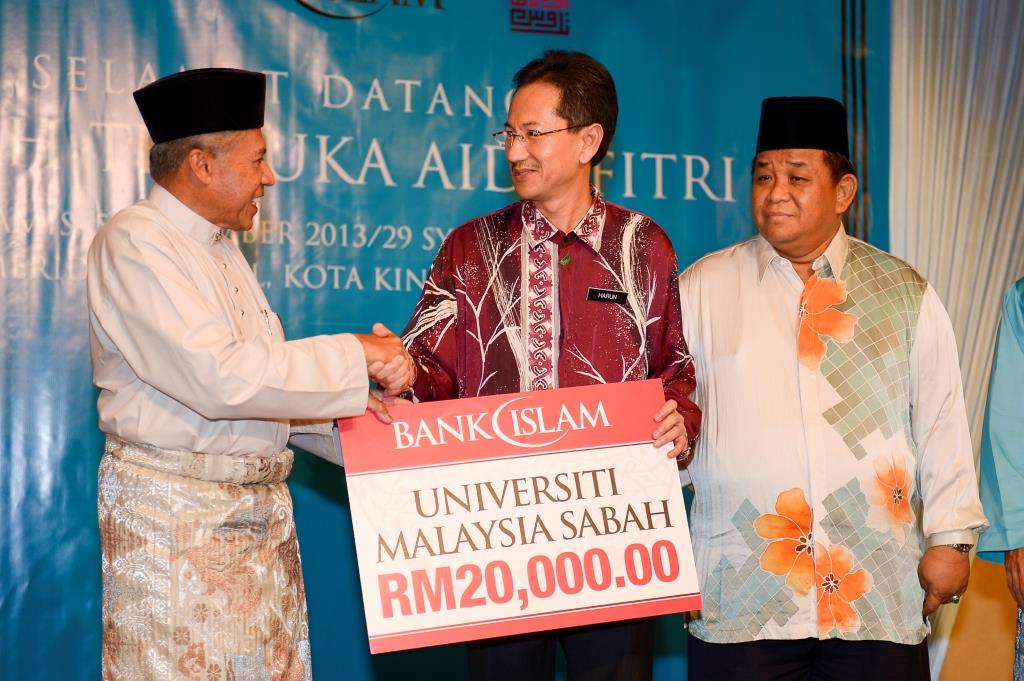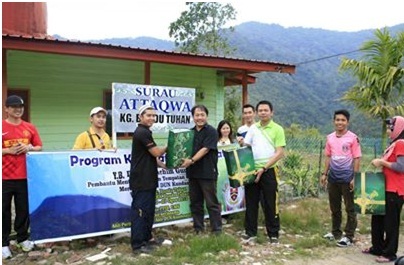 SUNDAY, 08 SEPTEMBER – 23 academicians and support staff of the Centre For Knowledge and Language Learning (PPIB) Universiti Malaysia Sabah (UMS) were involved in a Corporate Social Responsibility (CSR) programme at Kampung Bundu Tuhan, Ranau recently.
SUNDAY, 08 SEPTEMBER – 23 academicians and support staff of the Centre For Knowledge and Language Learning (PPIB) Universiti Malaysia Sabah (UMS) were involved in a Corporate Social Responsibility (CSR) programme at Kampung Bundu Tuhan, Ranau recently.The CSR programme led by PPIB Senior Lecturer, Assoc. Prof. Dr. Andreas Totu was for two days involving the local community in Ranau.
Dr. Andreas who represented the Dean of PPIB, Prof. Dr. Vincent Pang also led a dialogue session with village leaders and also a dart competition besides a motivational programme for the students of Sekolah Menengah Kebangsaan (SMK) Bundu Tuhan who will be sitting for the Sijil Pelajaran Malaysia (SPM) this year.
The delegation also held a gotong-royong in cleaning the surau and handing over of contributions to the Don Bosco Children’s Home.
The programme was officiated by the Assistant Minister of Local Government and Housing Sabah, Datuk Dr. Joachim Gunsalam.
The two day CSR programme was also supported by the Minister of Science, Technology and Innovation, Datuk Dr. Ewon Ebin and the Graduates Association of Bundu Tuhan. - FL
By Salbinous Saribun & the Centre For Knowledge and Language Learning (PPIB)
Photo: PPIB
Chancellery Department



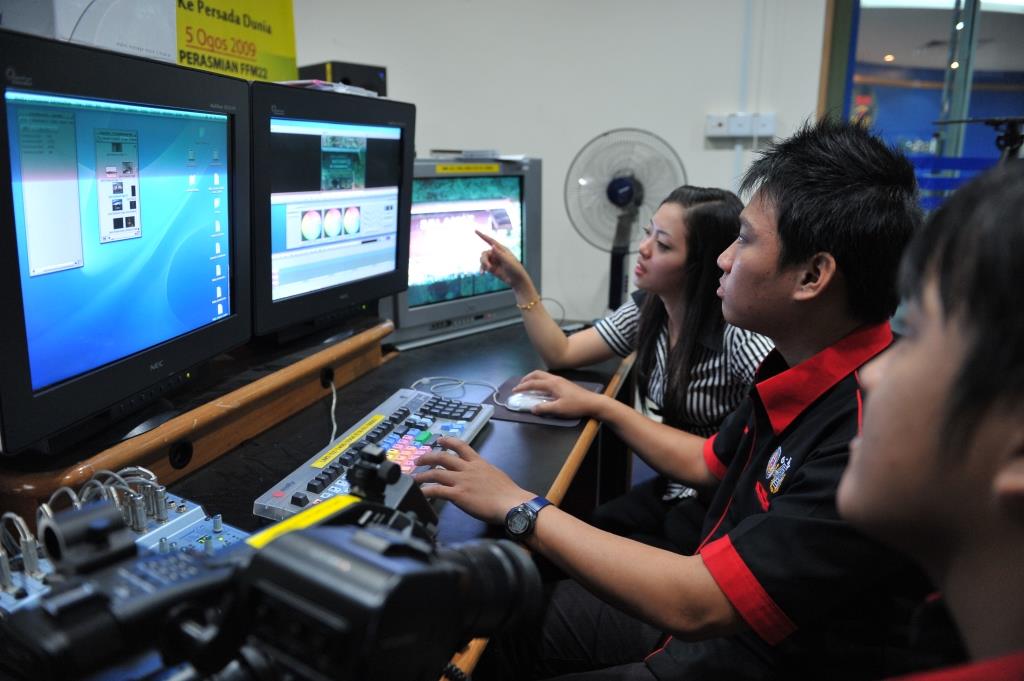 SATURDAY, 07 SEPTEMBER – The School of Arts (SPS), Universiti Malaysia Sabah (UMS) will be organising a corporate talk by influential figures in the film industry from 9 to 21 September.
SATURDAY, 07 SEPTEMBER – The School of Arts (SPS), Universiti Malaysia Sabah (UMS) will be organising a corporate talk by influential figures in the film industry from 9 to 21 September.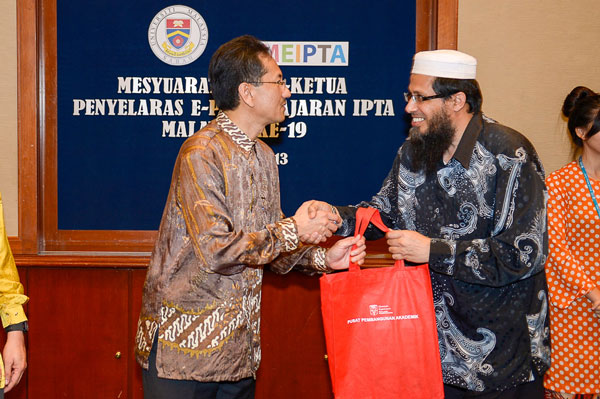
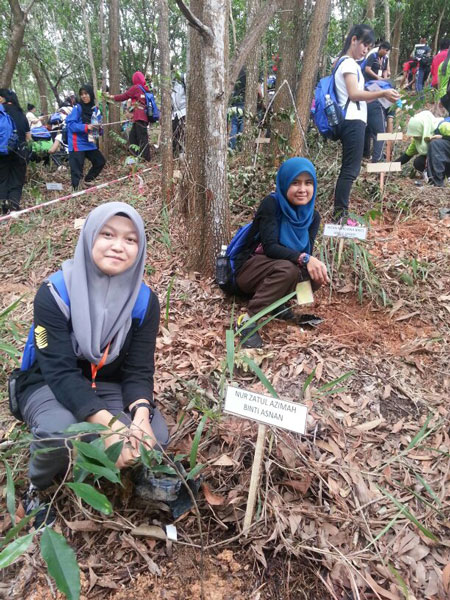 FRIDAY, 06 SEPTEMBER – A total of 175 new students of the School of International Tropical Forestry (SPTA) participated in the planting of trees yesterday which was named ‘MY TREE’.
FRIDAY, 06 SEPTEMBER – A total of 175 new students of the School of International Tropical Forestry (SPTA) participated in the planting of trees yesterday which was named ‘MY TREE’.